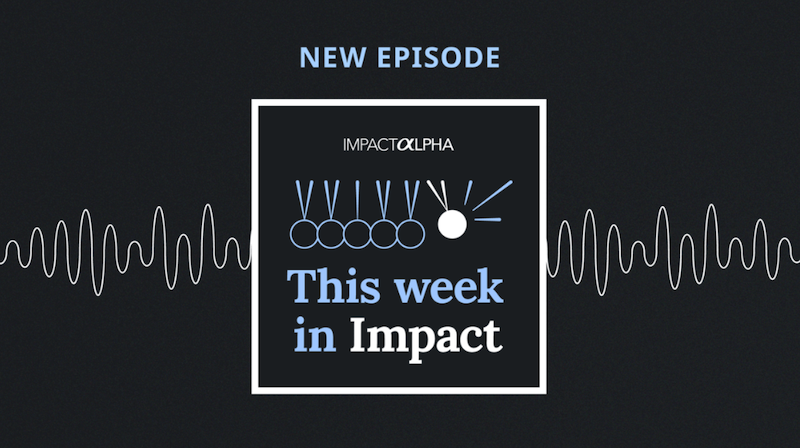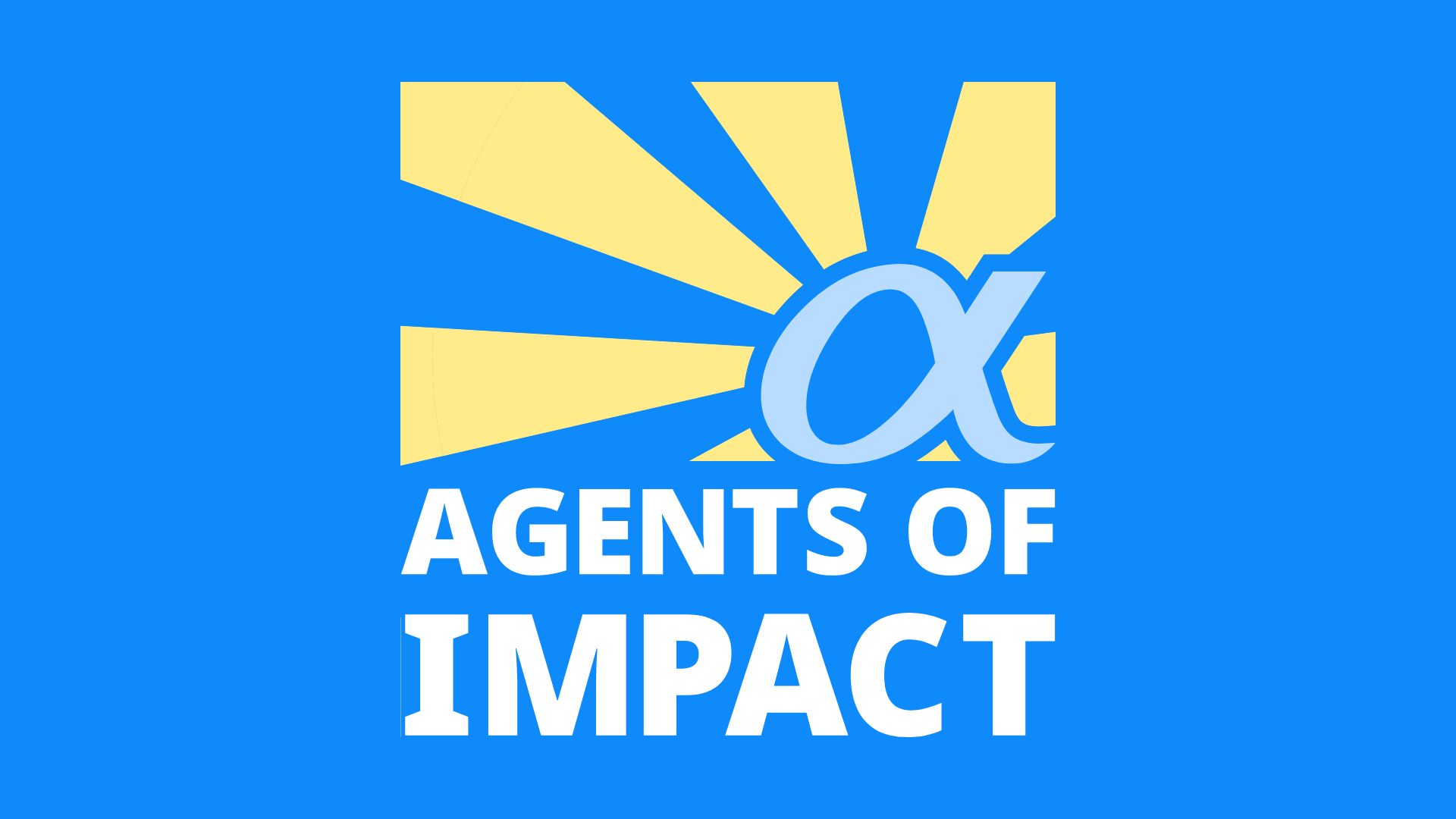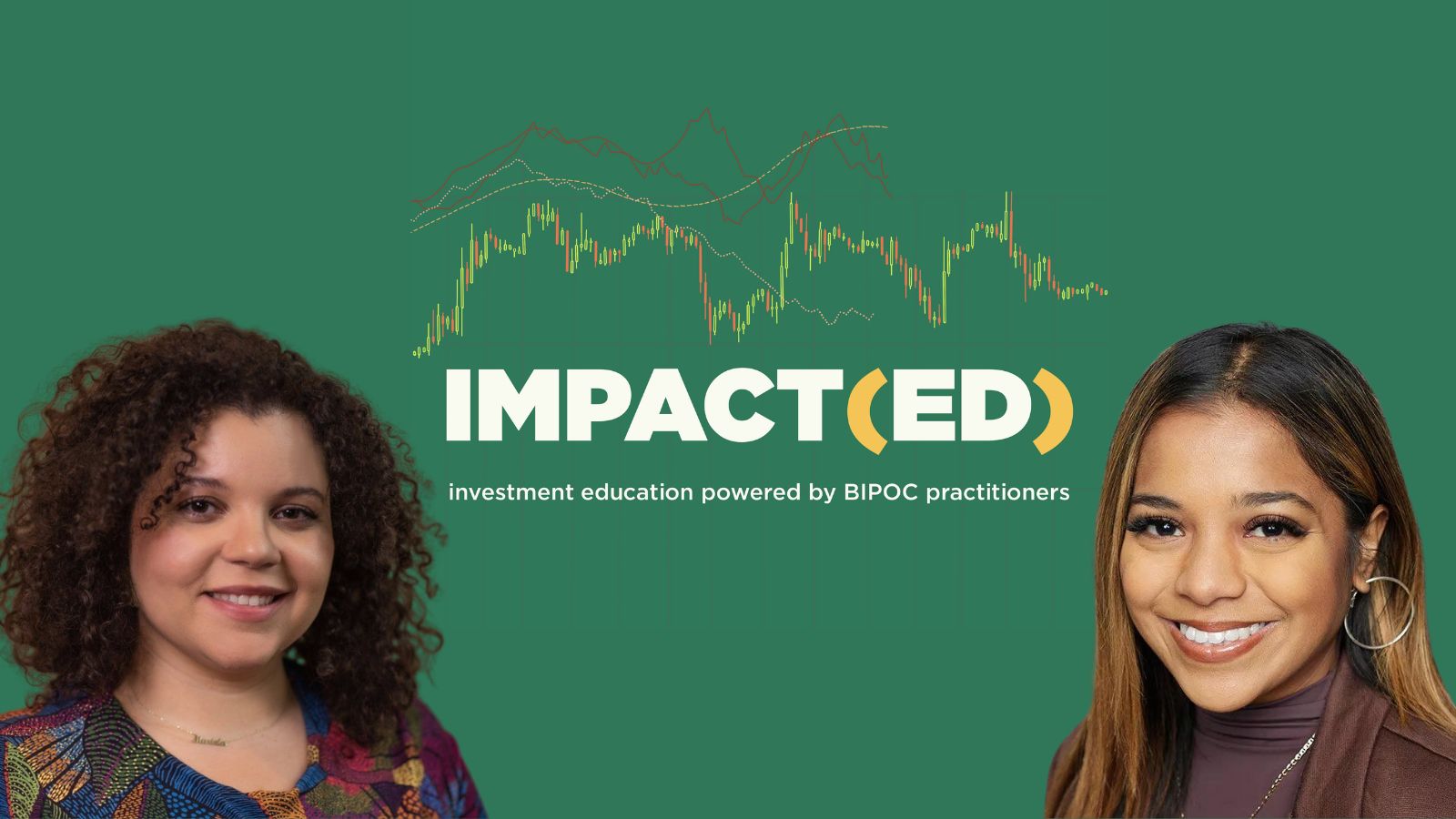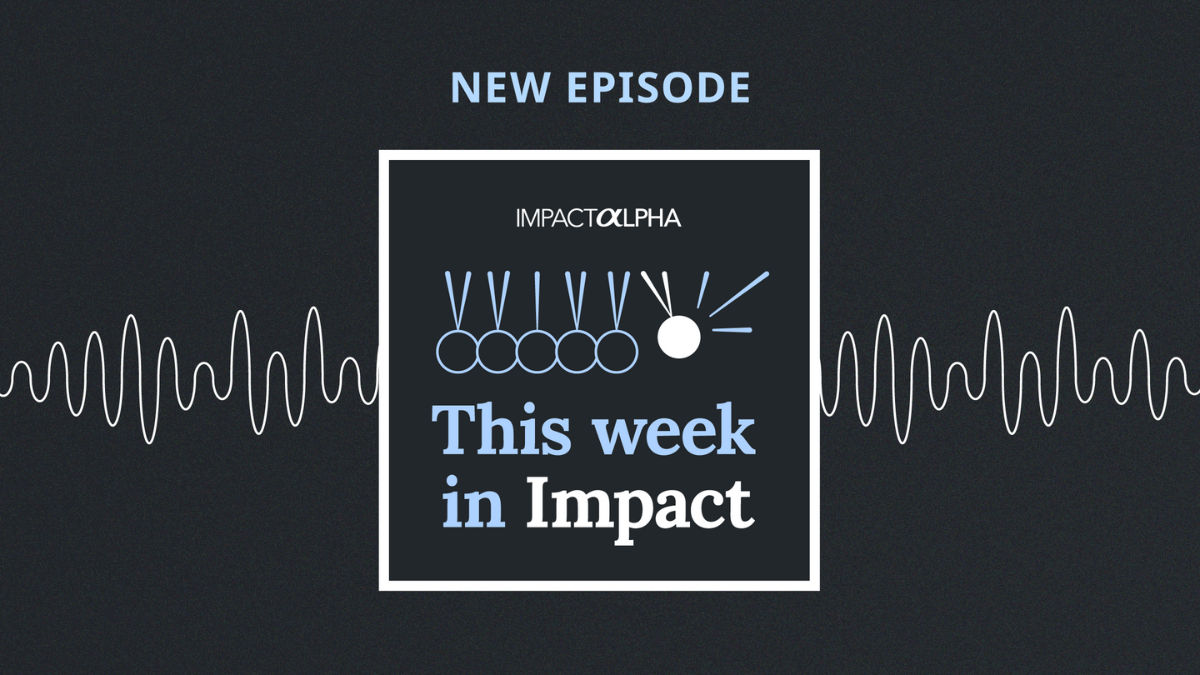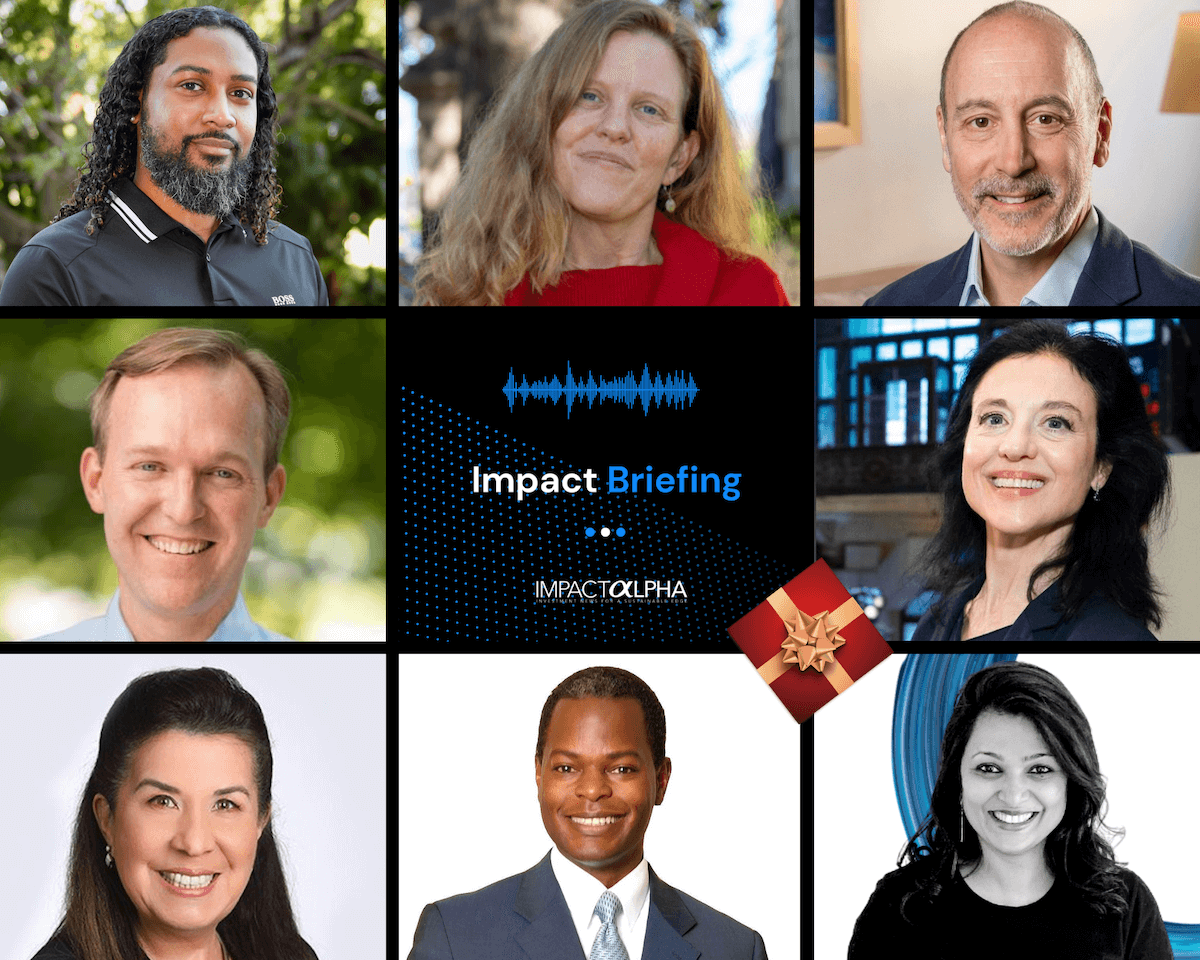What is the net worth of Salt Lake City? It’s a relatively straightforward exercise to total up the balance sheet of a company or an individual. But many cities don’t know what they own, much less what it’s all worth. As mayor of Salt Lake County a decade ago, Ben McAdams was frustrated that there wasn’t $500,000 in a $1.3 billion annual budget for a promising early-childhood education program (so he helped craft one of the country’s first social impact bonds). But an effort he led to map the value of the city’s underutilized real estate yielded an impressive number: at least $15 billion, and up to $45 billion if properties are developed thoughtfully. “I found out there is actually money under our mattress,” McAdams tells David Bank on this week’s Impact Briefing podcast. “It’s real estate that is just forgotten.”
After his single term in Congress (as a Democrat from a deep red state), McAdams has been working with a half-dozen cities to tap the riches in underutilized public real estate. His “Putting Assets to Work” policy incubator is working with Atlanta, Cleveland, Annapolis, Chattanooga, Lancaster, Calif., and Harris County, Texas, which have similarly found billions in untapped assets. The next step is to help cities deploy those assets to generate income that will fund essential services. A city that contributes, say, a $5 million parcel toward a $20 million housing project (with private investors supplying the rest) could earn 25% of the rental income. At scale, McAdams says, “You’re funding education. You’re solving affordable housing. You’re solving homelessness. You are investing in roads and bridges and filling potholes. And then you’ve still got enough money left to cut taxes.” Some of the cities are close to closing their first deals; Sorenson Impact Group is incubating a “community equity fund” based on McAdams’ work. “It’s real revenue that’s out there,” he says, “if we can just figure out the right systems and then bring in the private capital to do it.”




